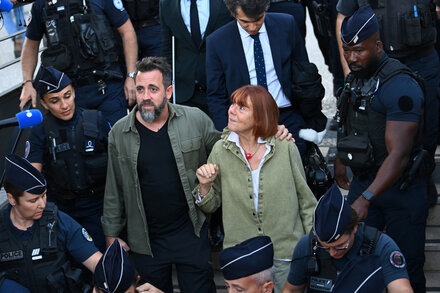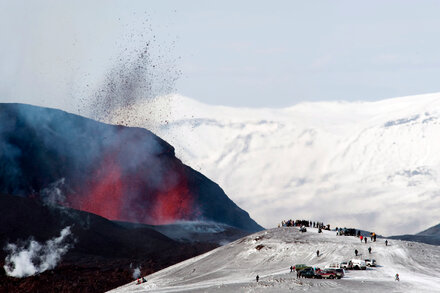A disturbing new pattern has emerged in Nicaragua, where individuals are reportedly subjected to arbitrary arrest followed by a complete lack of information regarding their whereabouts. This “arrest, then silence” tactic is deepening concerns over the erosion of fundamental rights and due process in the Central American nation.

A disturbing new pattern has emerged in Nicaragua, where individuals are reportedly being subjected to arbitrary arrest followed by a complete lack of communication or information regarding their whereabouts and well-being. This tactic, described by human rights observers as “arrest, then silence,” is deepening concerns over the erosion of fundamental rights and due process in the Central American nation.
For years, Nicaragua has faced international scrutiny for a systematic crackdown on dissent, targeting opposition figures, journalists, human rights defenders, and civil society leaders. The government of President Daniel Ortega and Vice President Rosario Murillo has been accused of consolidating power through repressive measures, particularly intensified since the widespread protests of 2018.
The Tactic: Arrest and Disappearance
The “arrest, then silence” tactic involves individuals being detained, often without a warrant or clear charges, and subsequently disappearing into state custody. Families and legal representatives are frequently denied information about the detainee’s location, the nature of their alleged offenses, or access to legal counsel. This practice effectively isolates individuals from external contact, raising fears of ill-treatment and torture.
Human rights organizations report that this lack of information and access extends for weeks, or even months, leaving families in agonizing uncertainty. It contravenes international human rights standards that guarantee a detainee’s right to inform their family, have access to a lawyer, and be brought promptly before a judge.
International Outcry
International bodies and human rights advocates have repeatedly condemned Nicaragua’s human rights record. The Inter-American Commission on Human Rights (IACHR) and the UN Human Rights Office have documented a pattern of arbitrary detentions, politically motivated trials, and violations of due process.
“The systematic use of arbitrary detention, coupled with a complete lack of transparency regarding the fate of detainees, is a grave violation of human rights. It creates an environment of fear and leaves families in despair, without any recourse to justice or information,” a spokesperson for a leading human rights organization recently stated, reflecting broader concerns about Nicaragua’s justice system.
Critics argue that this tactic is designed to maximize psychological pressure on detainees and their families, while also sending a chilling message to anyone considering opposition to the government. It makes it exceedingly difficult for human rights monitors to track cases, provide legal aid, or verify conditions of detention, effectively creating a black hole for those taken into custody.
Impact on Society
The chilling effect of “arrest, then silence” extends beyond individual detainees and their families. It fosters a pervasive climate of fear throughout Nicaraguan society, discouraging free expression, assembly, and political participation. Lawyers willing to take on sensitive cases face intimidation, further eroding the rule of law.
As international calls for accountability and respect for human rights continue, the government of Nicaragua has largely dismissed such criticisms as interference in its internal affairs, maintaining that it is upholding national sovereignty and combating destabilizing forces.
Source: Read the original article here.





